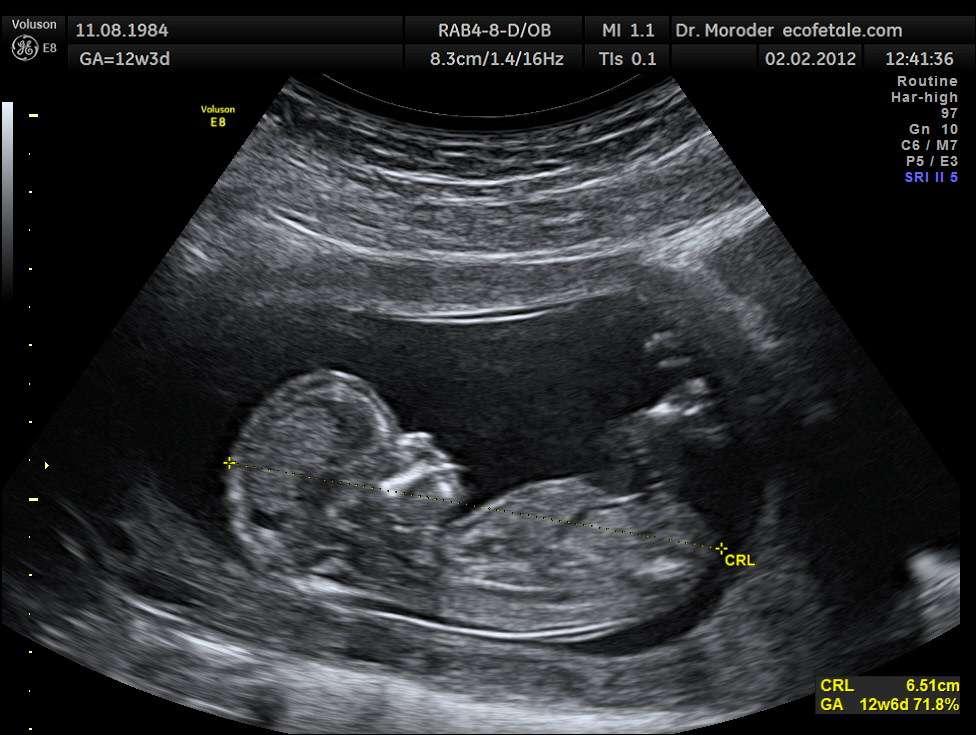Planned Parenthood and Our Abortion Choices
The latest scandal probably won't lead to any changes, if American ambivalence is an indication.


Confronting reality is not always a pleasant experience, but it is always a useful one. The covertly recorded videos of Planned Parenthood officials are a reminder that destroying fetuses is an ugly process with fatal results.
In private, these abortion providers don't conceal what the procedure entails. Discussing the harvest of medically useful tissue from aborted fetuses, for which the organization is compensated, a senior official said, "We've been very good at getting heart, lung, liver, because we know that, 'I'm not gonna crush that part.'" The image of doctors finding the ideal way to dismember a living organism does not have great appeal.
If the Center for Medical Progress, which released the footage, expects it to change minds about government policy, though, it will probably be disappointed.
Anti-abortion advocates insist that abortion takes a human life. Abortion-rights groups argue that every woman has a right to end a pregnancy. Americans have fully considered these views—and decided both are correct.
A few months ago, the website Vox interviewed an Ohio man who was the picture of ambivalence. "Abortion is killing a baby," he said. "But I'm not saying it's always wrong."
Karlyn Bowman, a polling expert at the American Enterprise Institute, says his opinion is the dominant one. A majority or plurality of people regard abortion as murder, but most think it should be legal.
Is that an incoherent view? Not really. This is one of those rare issues where two strong principles collide, and there is no way to reconcile them. Abortion policy is not a matter of right vs. wrong. It's a matter of right vs. right.
As such, any resolution produces tragic results. Allowing abortion sacrifices the lives of fetuses. Forbidding it violates the bodily integrity and autonomy of women. One or the other has to give way.
In the political arena, abortion-rights supporters often rely on terms that obscure the nature of the operation. But the women who undergo abortions are generally not oblivious. One study found that most of those who get abortions feel regret afterward. Nearly all of the patients nonetheless reported "that abortion was the right decision for them."
Few people make the decision without understanding what they are doing. Where state laws require doctors to perform an ultrasound before each abortion, 98 percent of the women who watch them proceed to end their pregnancies.
In a sense, this awareness is a tribute to the success of anti-abortion groups—and modern technology—in familiarizing Americans with prenatal development. Photos of fetuses at various stages of development are a favorite tool of these activists. Nowadays, every parent first glimpses a new child before birth on a computer monitor, and only later in the flesh.
But the expansion of knowledge has not driven Americans to deprive women of the ultimate decision on their pregnancies. Given a terrible, tragic dilemma, they have elected to leave it to the mother.
More than 40 years after the Supreme Court found abortion rights to be constitutionally protected, popular support for a ban is still modest. The court has rejected every opportunity to reverse itself.
So anyone who wants to reduce the number of abortions has two basic options. The first is to publicize the facts about it, in the hope of persuading women to carry unwanted pregnancies to term. This has already happened. A report last year by the Guttmacher Institute found that in 2011, the number of abortions fell to the lowest level in three decades.
Carole Joffe, a sociologist at the University of California, San Francisco, told The New York Times one explanation was that opponents have "been very successful at stigmatizing abortion"—or, put another way, heightening concern for the unborn. Rates have fallen even in states with liberal abortion laws.
Many Republicans have responded to the videos by proposing to bar Planned Parenthood from receiving federal family planning funds. But that would be completely at odds with a second proven method of reducing abortions: contraception.
The program that would be defunded pays for birth control and related services. When young women gain access to free, long-term contraceptives, their pregnancy and abortion rates plummet. Less use of birth control would produce more unwanted pregnancies, many of which would be medically terminated.
As the videos confirmed, abortions are something to be avoided and lamented. It would be a shame if the revelations led to more of them.
© Copyright 2015 by Creators Syndicate Inc.


Show Comments (76)